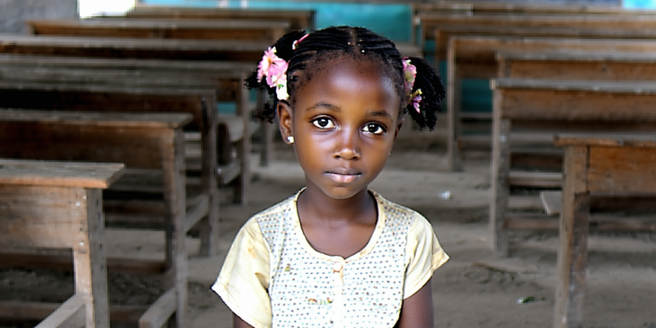Understanding the Refugee Crisis
The refugee crisis is a complex issue affecting millions worldwide. It arises from various factors, including conflict, persecution, and economic instability, forcing people to flee their homes. Many refugees face perilous journeys and uncertain futures in search of safety and opportunity. Host countries and international organizations strive to balance humanitarian aid and security, often grappling with limited resources and socio-political pressures. Understanding this crisis requires a nuanced comprehension of global politics and humanitarian needs. Efforts to educate the public on this crisis can lead to greater empathy and action. Effective responses involve addressing root causes and collaborating across borders to provide sustainable solutions. By enhancing education and raising awareness, communities can contribute to a more informed and compassionate approach to supporting refugees.
Government Support Systems
Governments play a pivotal role in responding to the refugee crisis. Through legal frameworks and policy measures, they define refugees’ rights and access to resources. Many countries offer asylum seekers shelter, healthcare, and education, attempting to integrate them into society. However, the strain on public services and infrastructure can spark debate and resistance within host communities. It is essential for governments to communicate transparently with their citizens to build understanding and support. Collaborative international efforts, such as resettlement programs, facilitate burden-sharing among nations. By adopting comprehensive and inclusive policies, governments can foster environments that promote refugee dignity and resilience. Continuous assessment and adaptation of these systems are vital, ensuring they effectively address evolving needs and challenges.
Non-Governmental Organizations’ Role
Non-Governmental Organizations (NGOs) are crucial in providing aid and support to refugees. These organizations often work on the frontlines, offering immediate relief and long-term assistance. They provide essential services like food, shelter, medical care, and education, often operating in areas where government reach is limited. NGOs advocate for refugees’ rights and raise awareness about their plight, building bridges between affected communities and global audiences. Through their tireless efforts, they have become lifelines for countless individuals and families. By partnering with governments and other stakeholders, NGOs help implement sustainable solutions that empower refugees. Despite facing funding and operational challenges, their work fosters resilience and hope, paving the way for a more inclusive future.
Community-Based Initiatives
Community-based initiatives are instrumental in supporting refugees and fostering inclusivity. Local organizations and volunteers provide tailored assistance, helping newcomers navigate cultural and linguistic barriers. These initiatives often include language classes, employment support, and social integration programs, nurturing environments of mutual respect and cooperation. By engaging residents and refugees in dialogue and activities, communities can dispel myths and reduce prejudice. In doing so, they build bridges of understanding and empathy that strengthen the social fabric. Fostering collaboration between different cultural groups can lead to more innovative solutions for common challenges. Grassroots efforts harness local knowledge and resources, ensuring aid reaches those most in need. Their adaptability and immediacy make community-based approaches vital in complementing larger government and NGO interventions, ultimately enhancing the overall support network for refugees.
How to Volunteer and Contribute
Volunteering for refugee assistance is a rewarding way to make a meaningful impact. Individuals can offer their time, skills, or resources to local organizations dedicated to supporting refugees. Volunteers may engage in various activities, from language tutoring to organizing donation drives or assisting with administrative tasks. Taking the time to understand the unique challenges refugees face can deepen the volunteering experience. Educating oneself and raising awareness about refugee issues can also influence positive change. Donations, whether monetary or in-kind, significantly benefit programs providing vital services. Advocacy efforts are equally important, as they help shape public opinion and inform policy discussions. By contributing to a supportive network, volunteers play a critical role in enhancing refugees’ lives and their integration into host communities.



